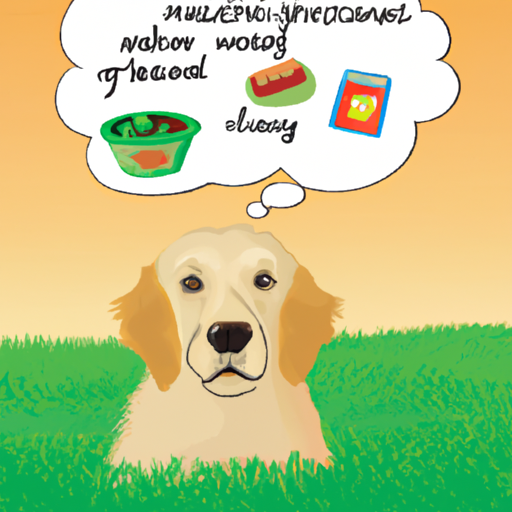As a caregiver, your pet’s behavior can often leave you befuddled. One such behavior that often confounds dog owners is their penchant for grazing on grass. You might have found yourself asking, “Why does my canine companion seem to enjoy nibbling on my lawn as much as their kibble?” In this comprehensive guide, we’ll delve into the reasons behind this behavior, dispel common myths, and provide guidance on when to seek veterinary advice.
1. Understanding Your Dog’s Grass-Eating Behavior
Canines are primarily carnivores, but they’re not strictly meat-eaters. They fall under the category of ‘omnivores,’ which means they can derive nutrients from various food sources, including plants.
The tendency to consume grass dates back to their wild ancestors, who would eat entire prey, including the stomach contents of plant-eating animals. Modern dogs, despite being domesticated, still retain some of these survival instincts.
2. Common Reasons Why Dogs Eat Grass
While the exact reason can vary from dog to dog, here are some of the most common theories:
- Boredom: Dogs, especially puppies and younger dogs, may eat grass out of boredom. The texture and taste might intrigue them, making it a form of exploration.
- Nutritional Needs: Some dogs might eat grass to fill a nutritional gap. It’s believed that grass contains essential nutrients that a dog might crave, especially if their diet doesn’t contain enough fiber.
- Digestive Issues: Dogs might eat grass to induce vomiting when they’re feeling unwell. However, this is a controversial theory as studies show that only 25% of dogs vomit after eating grass.
- Instinctive Behavior: Dogs might also eat grass purely out of instinctive behavior passed down from their wild ancestors.
3. When Should You Be Concerned?
While occasional grass eating is not a cause for concern, it’s crucial to monitor the frequency and any subsequent symptoms. If your dog is consuming grass frantically and frequently, it might indicate an underlying health issue.
| Behavior | Possible Implication |
|---|---|
| Eating grass quickly, almost frantic | Could suggest gastrointestinal upset |
| Eating grass slowly, deliberately | Likely normal behavior or boredom |
| Frequent vomiting after eating grass | Possible underlying health issue |
| Change in appetite or thirst | Could indicate a serious health issue |
If your dog displays any of the behaviors in the right-hand column, it’s a good idea to consult with your veterinarian.
4. Safe Alternatives to Grass
If you’re concerned about the potential risks associated with your dog’s grass-eating habit, consider these safe alternatives:
- Fiber-rich foods: Foods like cooked vegetables or fruits can help meet your dog’s fiber needs.
- Engaging toys: Distract your dog from eating grass by providing engaging toys or activities.
- Regular exercise: Regular physical activity can help alleviate boredom and prevent grass eating.
5. How to Prevent Your Dog from Eating Grass
While it’s not always necessary to stop this behavior, if the grass your dog munches on is treated with pesticides or fertilizers, it can be harmful. Here are some preventive measures you can take:
- Keep your dog on a leash during walks, especially in unfamiliar areas.
- Provide plenty of physical and mental stimulation to prevent boredom.
- Maintain a balanced diet for your dog to ensure they’re getting all necessary nutrients.
FAQ
Q1. Is it normal for dogs to eat grass?
Yes, occasional grass-eating is quite normal and generally not a cause for concern.
Q2. Can eating grass hurt my dog?
As long as the grass isn’t treated with pesticides or fertilizers, it’s generally safe. However, frequent grass eating coupled with vomiting can indicate a health problem.
Q3. What if my dog eats grass and vomits frequently?
If your dog frequently vomits after eating grass, it’s best to consult with your veterinarian.
Q4. How can I stop my dog from eating grass?
While it’s not always necessary to stop this behavior, providing a balanced diet, regular exercise, and mental stimulation can help curb it.
Remember, as a caregiver, the key lies in understanding your pet’s behavior and responding appropriately. When in doubt, always consult with a veterinarian to ensure the health and happiness of your furry friend.



